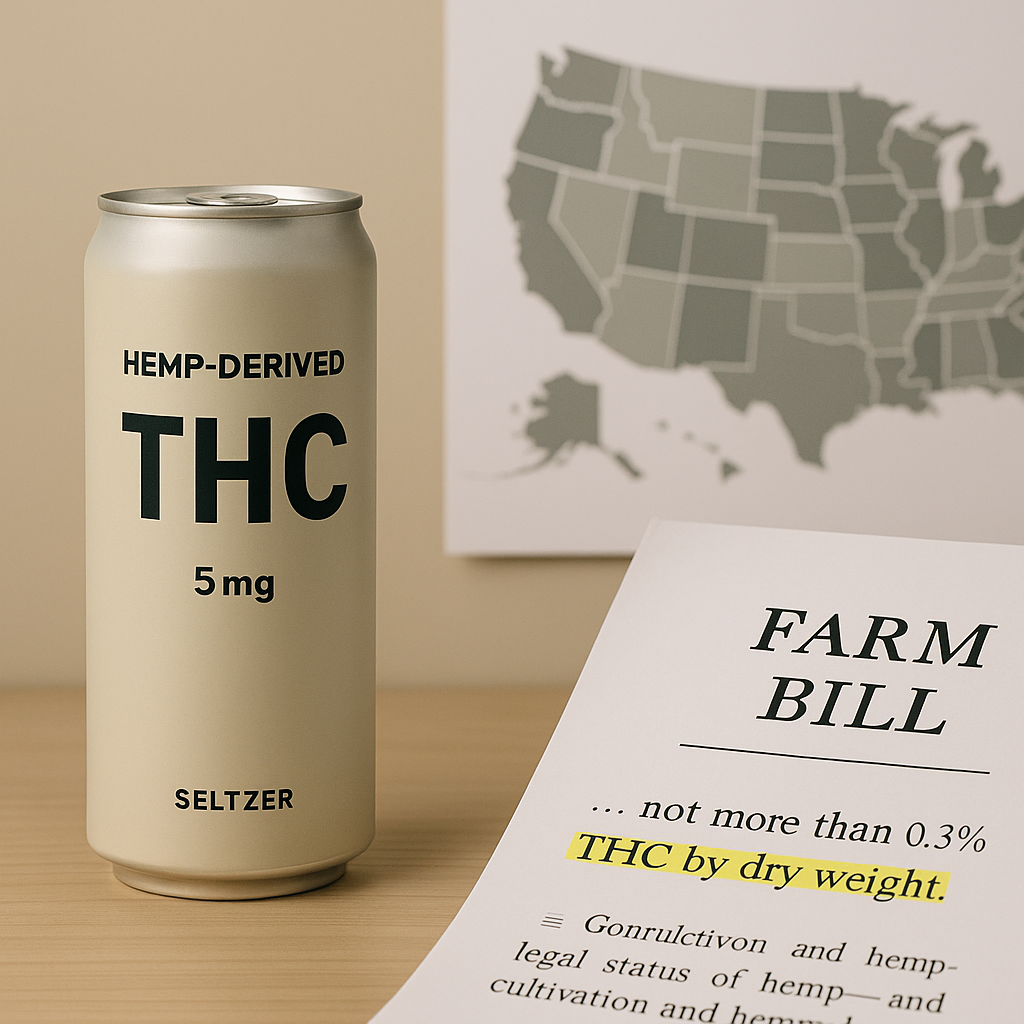
Are hemp-derived THC products legal?
Share
Hemp-derived THC products occupy a unique legal position in the United States. Under the 2018 Farm Bill, hemp-derived THC is legal at the federal level, provided the products contain no more than 0.3% THC by dry weight. This legislation specifically distinguishes between marijuana and hemp plants, with hemp being defined as cannabis plants containing this low THC threshold.
What Makes Hemp-Derived THC Legal?
The key distinction lies in the source and concentration. While marijuana is selectively bred to contain high levels of THC (10% to 30% or higher), hemp legally must contain no more than 0.3% THC by dry weight. This significant difference in THC content is what allows hemp-derived products to maintain their legal status.
State-by-State Variations
Despite federal legality, state laws can vary significantly. For example, Minnesota has embraced these products, becoming the 23rd state to legalize recreational marijuana in May 2023. The state had previously legalized hemp-derived THC drinks and edibles in 2022.
Quality Control and Testing
Reputable manufacturers like WLD WTR maintain strict quality control measures to ensure compliance with legal requirements. For instance, some companies test every batch of their products and provide QR codes on packaging that allow consumers to access test results, verifying THC content and overall product safety.
Consumer Guidelines
For those interested in hemp-derived THC products, it's essential to:
- Verify the product's THC content is within legal limits (0.3% or less)
- Check local and state laws before purchasing or shipping
- Choose products from manufacturers who provide transparent testing information
- Always consume responsibly and follow age restrictions (must be 21+ to purchase and consume)
As the industry continues to evolve, staying informed about current regulations and choosing reputable products remains crucial for consumers interested in hemp-derived THC products.
